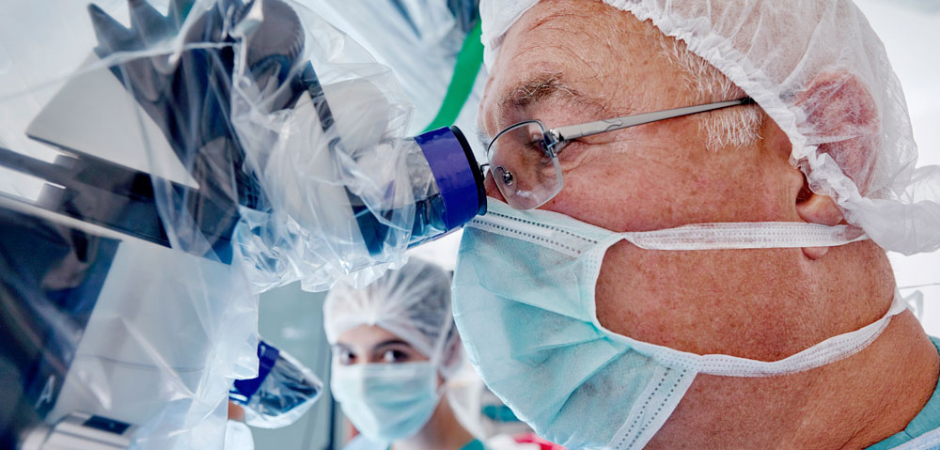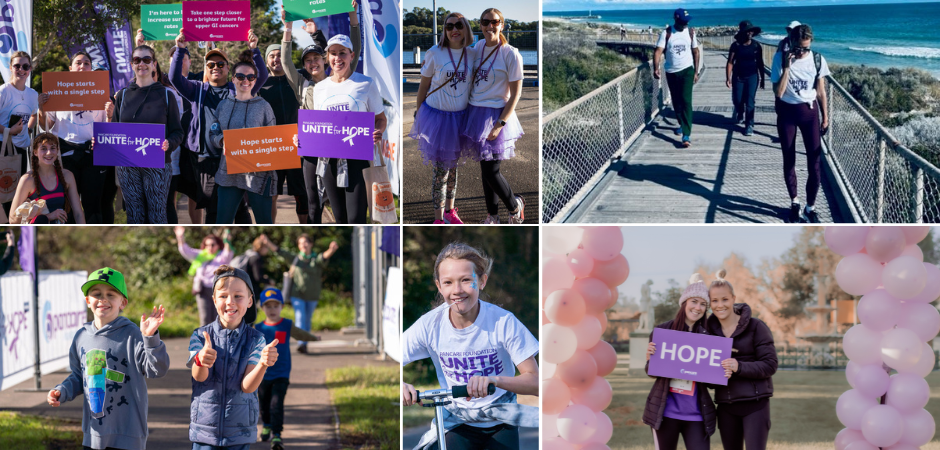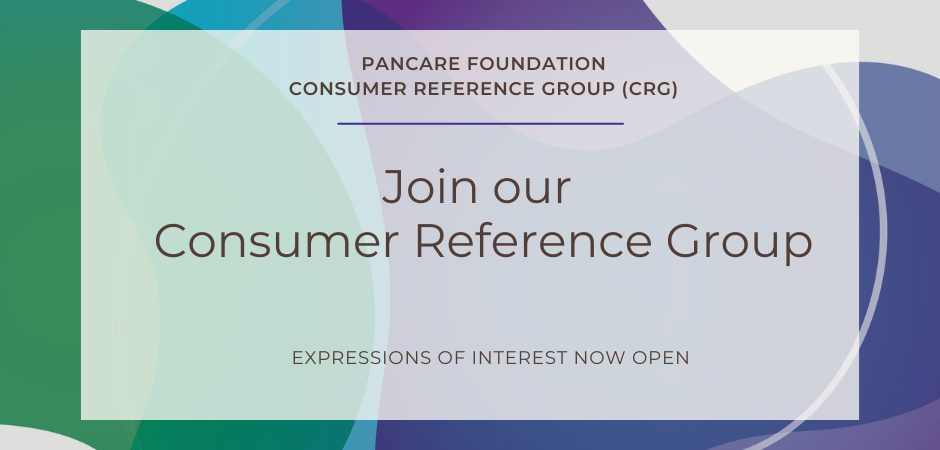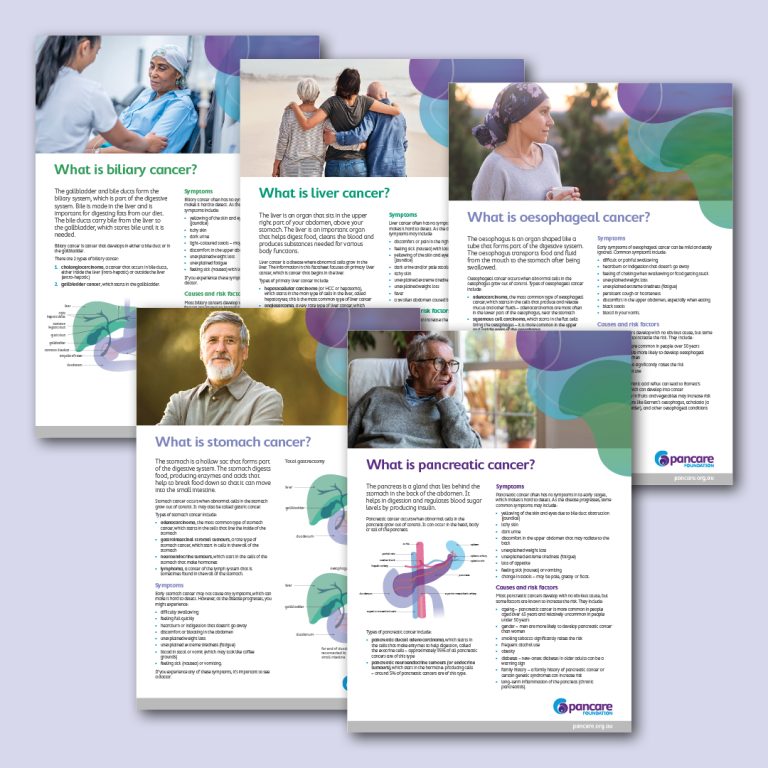
Latest data provides hope for Upper GI cancers with increases in 5-year survival
Latest data from the Australian Institute of Health and Welfare (AIHW) confirms that the incidence of upper gastrointestinal cancers in Australia are on the rise.
While these figures are concerning, there is hope for those diagnosed, with the five-year survival rates for pancreatic cancer patients now hitting double digits for the first time at 10.7%.
This year, it is estimated that more than 11,600 Australians will be diagnosed with an upper gastrointestinal cancer (pancreatic, liver, stomach, biliary and oesophageal) – approximately 220 new diagnosis each week. Of the 50,000 estimated cancer-related deaths in Australia, more than one fifth will be due to upper GI cancers, making these rare cancers some of the most deadly forms of cancer.
Furthermore, upper gastrointestinal cancers only receive a fraction of research funding and yet for the first time, pancreatic cancer will claim the lives of more Australians than breast and prostate cancer – both which have seen a significant reduction in annual deaths over the past decades due to enhanced early detection methods and improved treatment options.
Despite the upward trend in diagnosis, there is some hope with marginal increases in five-year survival rates across the upper GI category – with pancreatic cancer now just under 11 percent.

“For those who have witnessed first-hand the devastating impact of pancreatic cancer, it gives us all hope to see the five-year survival reach double digits for the first time – however we’ve still got a long way to go” says Pancare Foundation founder and pancreatic surgeon Dr Mehrdad Nikfarjam. “The reason why pancreatic cancer survival rates remain so low in comparison to the other major cancers is due to a number of factors. Unlike other cancers, there is no early detection test and often the cancer is only diagnosed when it is already advanced. Furthermore, there are few effective treatment options for patients. That’s why as a foundation we’re committed to accelerating change and improving outcomes for patients.”
For six-year pancreatic cancer survivor Christine Constantinou, witnessing survival rates reach double digits fills her with hope.

“I am overjoyed with the increase in survival rates! Although it is only small, any increase in such a deadly cancer is to be celebrated. When I was first diagnosed in 2013, the 5 year survival rate was only 4 percent. I couldn’t believe it! I kept thinking to myself that the figure must be incorrect, but sadly it wasn’t. Over my 6 year survival, I have seen a slow increase, but, of course, it is not enough. Until we can achieve 100 percent survival, which seems impossible, it will never be enough.”
“For those newly diagnosed, hang in there. Never give up hope. Take one day at a time. Even though you might feel as though you are only taking baby steps, continue to put one foot in front of the other. Move forward as much as you can, even though sometimes it feels like you are taking a backward step”, Christine said.
Pancare Foundation CEO, Doug Hawkins said that significant advancement in research funding, enhanced public health awareness and supportive patient and carer services would greatly contribute to improved survival rates across the upper gastrointestinal category. “It’s encouraging to see pancreatic and other upper GI cancers getting the national attention they need, such as the National Pancreatic Cancer Roadmap driven by Cancer Australia. More than ever before, Australians impacted by pancreatic and upper GI cancers need hope and support, which is why Pancare remain committed to expanding our support to patients and their families.”
“Thanks to the generosity of our supporters over the years, our legacy of services, programs and research as supported countless Australian families throughout their cancer journey – and we continue to do so despite these uncertain times due to COVID-19. Our enhancements to our digital capability mean that our Cancer Specialist Nurse and Patient and Carer Support Manager are still available via telehealth and video conferencing to connect and empower patients living with upper GI cancers – continuing to be the reassuring voice of hope”, Doug said.
To book a telehealth call with our Patient and Carer team click here.
To view patient resources click here.
Read more . . .




